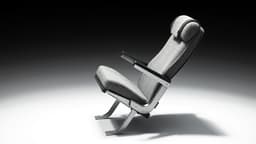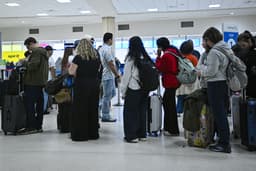Home / Business and Economy / United Airlines Defends 'Window Seat' Definition Amid Lawsuits
United Airlines Defends 'Window Seat' Definition Amid Lawsuits
12 Nov, 2025
Summary
- United Airlines argues 'window seat' only means next to wall, not exterior view
- Passengers sued United and Delta for charging extra for seats without windows
- Airlines' contracts do not promise exterior views for window seats

As of November 12th, 2025, United Airlines is defending its definition of a 'window seat' in a lawsuit filed by passengers. The airline argues that the term 'window' only refers to the seat's position next to the cabin wall, and does not imply an exterior view.
In August 2025, United and Delta Air Lines were sued in separate but similar cases, with passengers accusing the airlines of unfairly charging extra for some window seats without warning that there was no actual window. United has now filed a motion to dismiss the case, stating that the use of the word 'window' cannot be reasonably interpreted as a promise of an exterior view.
The airline's lawyers point to United's contract of carriage, which does not expressly guarantee window seats will have exterior views. They claim the word 'window' simply identifies the seat's position next to the aircraft's main body wall.
However, the plaintiffs argue this is contrary to the reasonable expectations of passengers who paid extra for window seats, only to find they were facing a cabin wall. Airlines like American, Alaska, and Ryanair do warn customers about missing windows, but United and Delta do not, according to the lawsuits.




